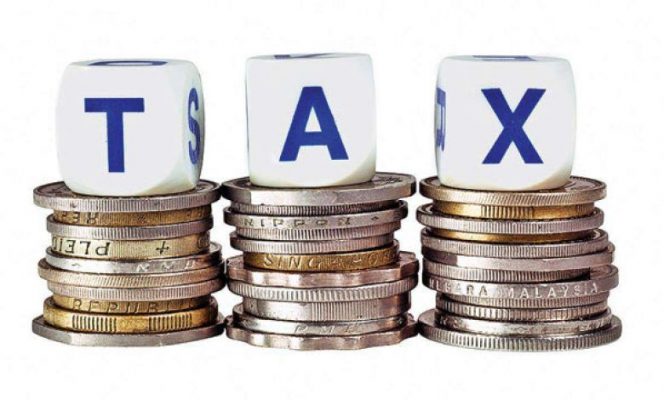When moving abroad, understanding how taxes affect your income is essential for managing finances and lifestyle choices.
Europe, especially in Western and Northern regions, is known for high taxes funding generous healthcare, education, and welfare systems.
For immigrants, particularly high-income earners, knowing which countries have the steepest tax rates helps in planning.
Top 10 European Countries with the Highest Income Tax Rates
Denmark (55.9%)
Denmark leads with a 55.9% tax rate on top earners, affecting residents and non-residents with high incomes.
France (55.4%)
France taxes high-income earners at 55.4%, impacting immigrants who earn above specific income thresholds.
Austria (55%)
Austria imposes a 55% rate on its highest earners but plans to lower it to 50% by 2026.
Spain (54%)
Spain’s “Beckham Law” allows some expatriates to pay lower taxes on Spanish income for a limited time.

Belgium (53.5%)
Belgium’s top tax rate of 53.5% applies equally to citizens and immigrants earning significant income locally.
Sweden (52.3%)
Sweden’s 52.3% top tax rate supports comprehensive welfare, impacting both local and immigrant high earners.
Finland (51.4%)
Finland’s progressive system taxes top earners at 51.4%, affecting both residents and non-residents with high incomes.
Slovenia (50%)
Slovenia taxes top earners at 50%, impacting residents and expatriates earning substantial incomes.
Netherlands (49.5%)
The Netherlands offers a “30% ruling” that helps some expatriates reduce their taxable income significantly.
Portugal (48%)
Portugal’s Non-Habitual Resident regime offers tax incentives, lowering effective rates for qualifying newcomers.
What Do High Tax Rates Mean for Immigrants?
- Lower Take-Home Pay: High taxes mean less disposable income, affecting savings, investments, and daily spending habits.
- Cost of Living Challenges: Despite free healthcare and education, budgeting carefully remains essential in high-tax countries.
- Access to Social Benefits: Immigrants may benefit from subsidized services, depending on their residency and income status.
- Career Considerations: Heavily taxed higher salaries might discourage pursuing top-paying roles due to limited income gains.
- Impact on Remittances: Less disposable income may reduce the ability to support family back home through remittances.
- While these tax rates seem high, deductions, credits, and special regimes may lower the actual amount paid.



